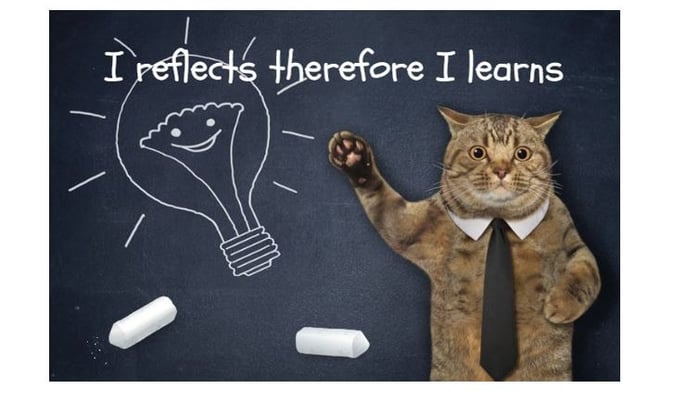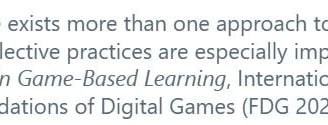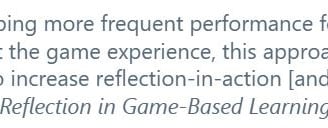CREATIVE LEARNING EXPERIENCES THAT CHANGE BEHAVIOR
Reflections on my crappy guzheng playing
Reflection = learning...even for the most guzheng-challenged among us
LEARNER REFLECTION
Lesley S
6/15/20253 min read


I play a Chinese traditional instrument, a zither called the guzheng. I’ve been at it a few years now. The latest song I'm working on is Dance of the Yao People. (Note: this isn't me in the video, but someone who is actually proficient.)

When I am practicing guzheng, and later, when I'm thinking about how practice went, I'm engaged in two types of learner reflection:
During practice, when I experiment with changes in timing or how much pressure I'm using on the strings of my left hand to affect the sound, I am essentially testing a hypothesis and seeing the results right away. This form of reflecting is called reflection IN action.
When I watch this recording of Yao People, get depressed, and then renew my resolve to figure out timing, or hone in on the finer points of her technique in various passages, I'm doing after-the event reflection, or reflection ON action.
Both forms of reflection work together to create a cycle of thinking and doing. This cycle of reflection is critical to learning. Because when you interpret, question, and explore – ie. reflect – knowledge that was implicit becomes explicit, and you can digest it.
Learn it.
But learning it doesn’t mean I have to play my version of Yao People exactly like the YouTube guzheng player. (Not that that would ever have a snowball's chance of happening.) Just as there are many ways downtown, there are many different approaches to solving complex problems – none more correct than the other.
For example, newbie coders tend to use a lot of trial and error to see what works when they write their code. If the grade they receive is based on the end result and whether it is “correct,” they start associate “produces the right output” with “effective solution.” But there is no one “right” output in situations where there exist many different possible solutions.
To shift learners away from “right” answer to “viable solution” is where reflection comes in.
To support reflection IN action: For beginning coders, it would involve encourage them to cycle rapidly between writing some code and then testing it. First do a little bit, and then think about. Add onto what you’ve just done, and assess again. Thinking and doing, but in baby steps.
To support reflection ON action: Instead of focusing on a specific outcome – be it a computer program or how you interpret Yao People – focus on the quality of the hypothesis being tested. This switch in focus helps learners develop the analytical skills that underpin effective learning.
Learning to reflect also spills over into other areas, including ability to make effective decisions, to feel more empowered, and to be more creative at navigatomg uncertainty.
SOURCE: Reflection in Game-Based Learning: A Survey of Programming Games. In International Conference on the Foundations of Digital Games (FDG 2020), https://doi.org/10.1145/3402942.3403011 (FULL TEXT)





